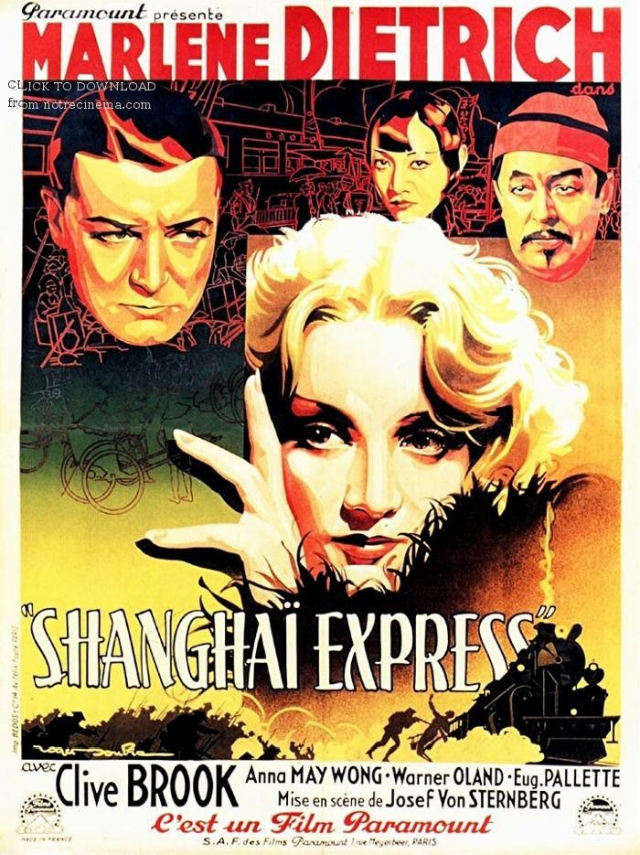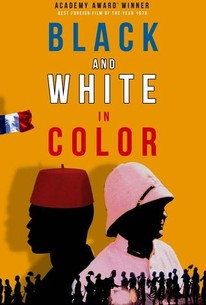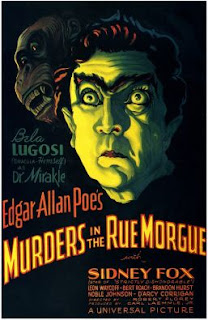(2004-2007)
Created by Leslie Thomas
Written by Richard Harris
Starring Peter Davison, Sean Hughes, Emma Amos, Tob Spendlove, Elizabeth Bennett
IMDB Entry
The British love their mysteries. I keep coming up with programming that feature a detective -- professional or amateur -- who solves crimes, usually murders. Since I'm a big fan of Doctor Who, I definitely wanted to see Peter Davison in The Last Detective.
"Dangerous" Davies (Peter Davison) is a police detective who is scorned for being a nice guy, unwilling to be cruel to the people he arrests.* After the events of the first episode, he's even more scorned by the police, who make him the low man in the office, only assigned to the crimes that no one else thinks are important. But Davies is a dogged investigated underneath his mild exterior, letting him discover crimes that are more complicated than first thought.
His personal life is messy. His wife Julie (Emma Amos) is divorcing him, but is only separated and still seems close, even if she does sleep with other men.** The other detectives treat him like a joke, and his boss, Ray Aspinal (Rob Spendlove) shows his contempt. His one friend in Mod Lewis (Sean Hughes), a pseudointellectual and overall flake who can't seem to hold a job. Also of note in the early shows is his landlady, Mrs. Fulljames (Elizabeth Bennett***), who has a great and annoying fondness for Rogers and Hammerstein.
Davies suffers from contempt from all quarters, but soldiers on. Davison is excellent as a man too mild-mannered to object to the abuse and jokes, but who still goes about solving the crimes.
I was delighted to spot Sian Phillips -- Livia from I, Claudius -- in one of the episodes.
______________________________________________________________
*The name is ironic. His actual first name was never revealed.
**In the first episode, one comes to her house when he leaving, which leads to a mildly awkward conversation.
***Best known to me for her role in The Sandbaggers.




























